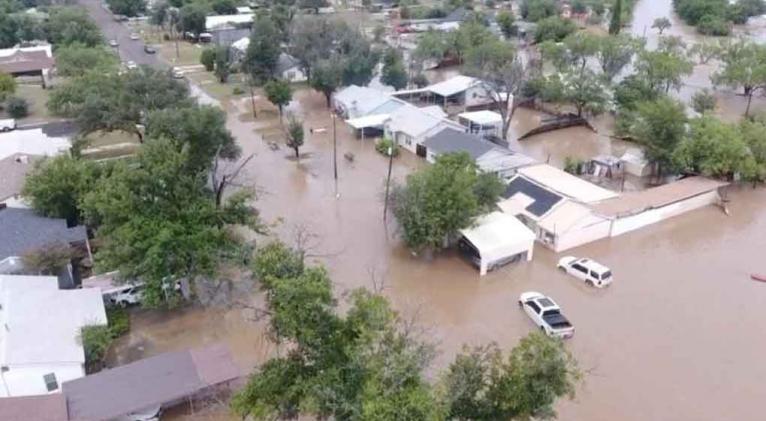Texas Floods Highlight Broader Assault on Climate Science
especiales

The catastrophic flooding caused by torrential rains in central Texas is drawing renewed attention to former U.S. President Donald Trump’s sweeping efforts to undermine federal climate research and monitoring agencies.
An article published by Common Dreams warned that although local meteorologists from the National Weather Service (NWS) issued warnings ahead of the July 4 floods, key positions at the agency remained unfilled in the lead-up to the disaster.
This has intensified scrutiny of the Trump administration’s mass firings, budget cuts, and what the article describes as years of neglect and failure by state-level Republican leadership.
When asked whether the federal government should rehire the meteorologists dismissed prior to the floods, Trump responded negatively and claimed that “very talented people” at the NWS “did not foresee” the disaster. His efforts to freeze funding for climate research and drastically reduce the number of government scientists have, for months, sparked concern over long-term ripple effects.
For many climate scientists, the consequences are already apparent. Since the start of his second term, Trump has dismissed hundreds of experts involved in the National Climate Assessment.
He also slashed staff at the National Oceanic and Atmospheric Administration and halted several disaster tracking initiatives, among other measures.
All of this has occurred as the administration continues to fast-track fossil fuel extraction and consumption, actions widely believed to be exacerbating extreme weather events, the article emphasized.
“Trump’s regime is dismantling scientific research into climate and atmospheric issues for political reasons, at precisely the time when we need a much deeper understanding,” environmentalist Stephen Barlow wrote on social media Sunday.
Flooding across Texas has resulted in at least 104 deaths since Friday, including 28 children. Dozens more remain missing across the southern state.
Trump’s proposed budget for fiscal year 2026, which his administration is already beginning to implement, includes steep cuts and the closure of some key meteorological research laboratories critical to improving forecasting capabilities.














Add new comment